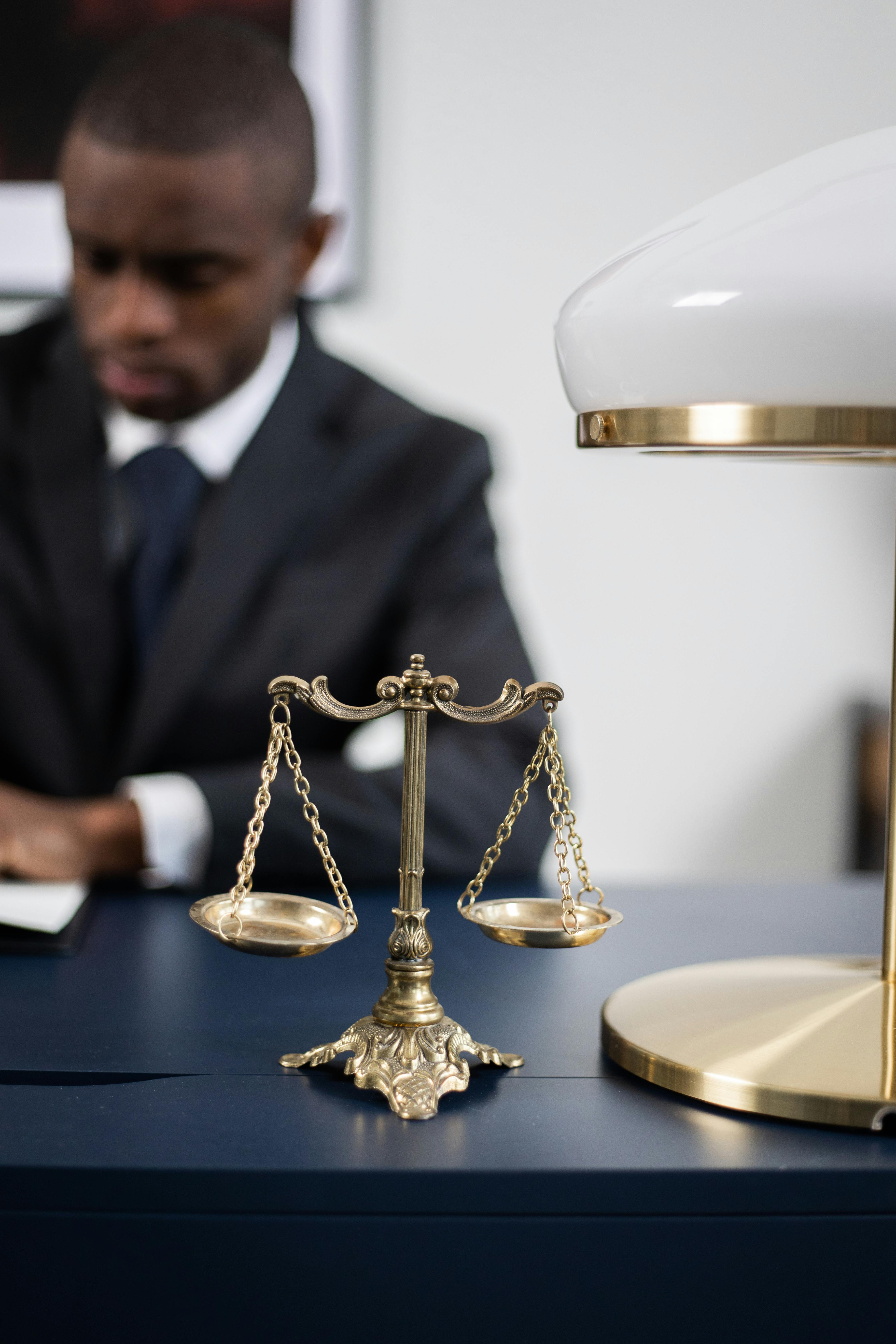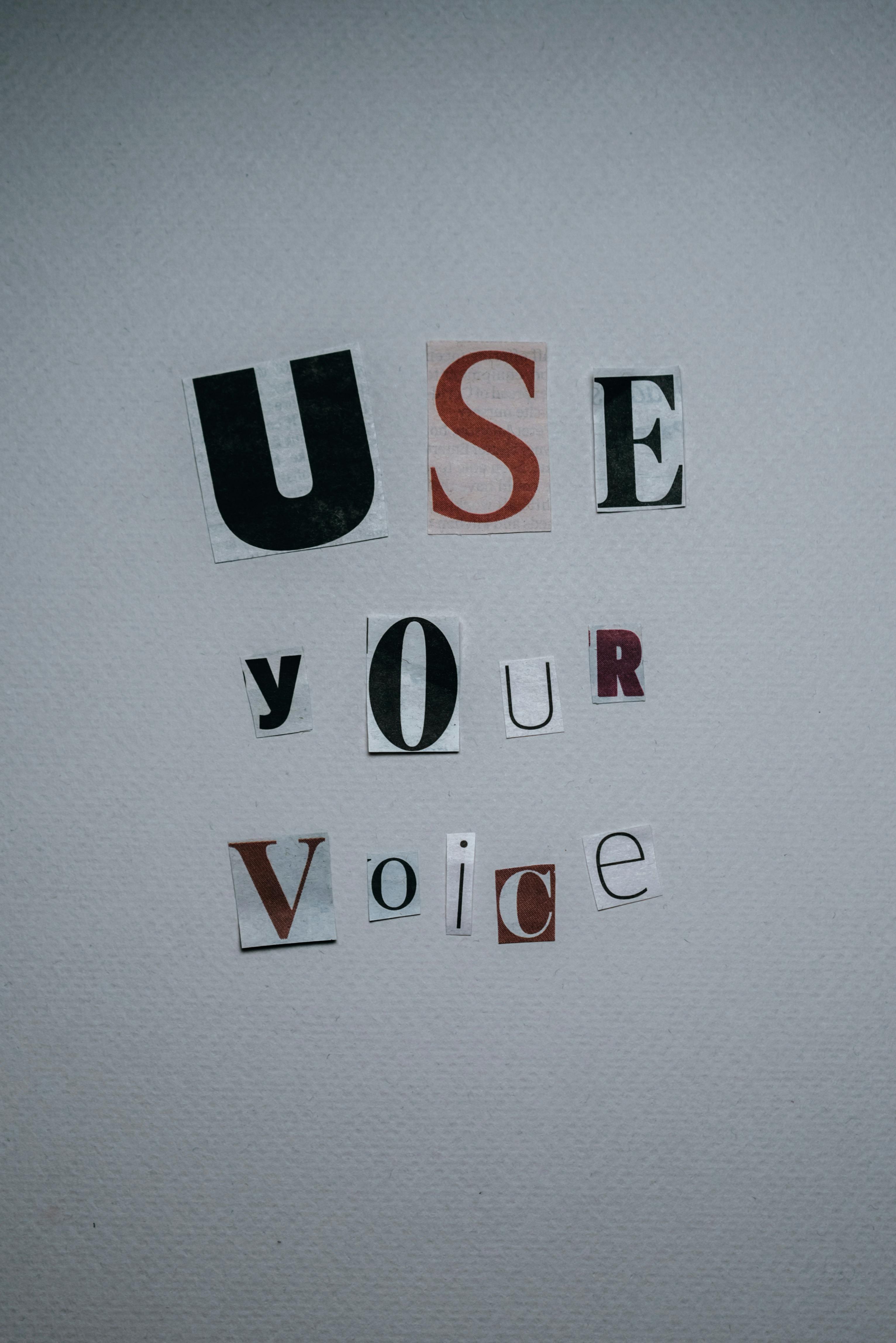When it comes to addressing a lawyer in an email, it’s important to get it right. After all, you want to make a good impression and show that you respect their professional status. But, with so many different titles and honorifics, it can be a bit overwhelming to know exactly how to address them.
Don’t worry though, because in this article, we will guide you through the proper etiquette for addressing a lawyer in an email, so you can confidently communicate with legal professionals and build a positive rapport.
Before we delve into the topic at hand, I encourage you to take a look at our previous articles. They contain a wealth of information about E-mail Marketing.
Proper Etiquette for Addressing a Lawyer in an Email
In today’s digital age, email has become one of the primary means of communication. When dealing with professionals like lawyers through email, it is important to maintain a level of respect and professionalism.
This article will guide you through the proper etiquette for addressing a lawyer in an email, from using appropriate salutations to expressing gratitude.

Using Appropriate Salutations
When addressing a lawyer in an email, it is best to start with a formal salutation. Begin your email with “Dear” followed by the lawyer’s title and last name. For example, “Dear Mr. Smith” or “Dear Ms. Johnson.” Using their last name shows respect and acknowledges their professional identity. Avoid using informal salutations such as “Hey” or “Hi,” as this may come across as unprofessional.
Showing Respect and Professionalism
Throughout the email, it is crucial to maintain a tone of respect and professionalism. Remember, you are reaching out to a legal professional who deserves your courtesy. It is important to use polite language and refrain from any offensive or confrontational remarks. Be mindful of your tone and avoid using language that may be interpreted as rude or disrespectful.

Including the Lawyer’s Name and Title
Addressing a lawyer by their name and title is an essential part of email etiquette. Include their full name and professional title in the email’s salutation and body. This demonstrates that you have taken the time to address them correctly and recognize their expertise. It is essential to ensure that you have spelled their name and title correctly to avoid any unintentional misunderstandings or offense.
Using Formal Language
When communicating with a lawyer through email, it is important to use formal language. Avoid slang, abbreviations, or informal expressions that may be perceived as unprofessional. Be clear, concise, and precise in your language, as legal matters require accuracy and attention to detail. Using formal language also helps to establish a professional tone and shows that you take the matter seriously.
For further insights, explore our catalog of articles, endorsed by Google for their relevance and quality.

Being Clear and Concise
Lawyers are often busy professionals, and their time is valuable. To respect their time and ensure effective communication, it is essential to be clear and concise in your email. Clearly state the purpose of your email in the subject line and provide a brief summary in the first paragraph. Use short sentences and paragraphs to convey your message efficiently. By being concise, you make it easier for the lawyer to understand and respond to your inquiry promptly.
Avoiding Informal Language and Slang
As mentioned earlier, using informal language and slang should be avoided when addressing a lawyer in an email. This includes not only formal vocabulary but also using appropriate grammar and punctuation. Write in complete sentences and proofread your email before sending it. Avoid using emojis or excessive exclamation marks, as they can undermine the professionalism of your email.
Using a Professional Email Signature
Your email signature plays a significant role in projecting professionalism. Include your full name, contact information, and any relevant credentials or affiliations in your email signature. This helps the lawyer easily identify who you are and how to reach you efficiently. A professional email signature also adds credibility to your communication and shows that you are serious about the matter at hand.
Addressing Multiple Lawyers or Partners
In some cases, you may need to address multiple lawyers or partners in the same firm within a single email. In this situation, it is crucial to be mindful of each individual’s name and title. Address each lawyer by their full name and appropriate title in the salutation and body of the email. If you are unsure about the correct order or titles, it is better to address each person individually to avoid any potential confusion.
Dealing with Different Legal Practices
Different legal practices may have specific customs or preferences when it comes to email communication. It is essential to consider these differences and adapt your approach accordingly. For example, some lawyers may prefer a more formal tone, while others may be more relaxed. Take cues from previous interactions or the lawyer’s website to determine the appropriate level of formality and adjust your email etiquette accordingly.
Following Up and Expressing Gratitude
After addressing your concerns or inquiries in the email, it is appropriate to express gratitude and offer a closing remark. Thank the lawyer for their time and consideration. This shows appreciation for their assistance and acknowledges the value of their expertise. Additionally, invite the lawyer to reach out if they require any further information or clarification. Following up and expressing gratitude enhances the professional relationship and leaves a positive impression.
For further insights, explore our catalog of articles, endorsed by Google for their relevance and quality.
FAQ for the article: “Proper Etiquette for Addressing a Lawyer in an Email”
Q: What is the abbreviation for attorney?
A: The abbreviation for attorney is “Atty.”
Q: What is the title of a lawyer in the Philippines?
A: In the Philippines, the title used for lawyers is “Attorney” or “Attorney-at-Law.”
Q: What is the word for a lawyer?
A: A lawyer can be referred to as an “attorney,” “counselor,” or “advocate.”
Q: Is attorney another word for a lawyer?
A: Yes, “attorney” is another term used interchangeably with “lawyer.”
Q: What is the highest title for a lawyer?
A: The highest title for a lawyer is often “Senior Counsel,” “Senior Attorney,” or “Senior Advocate.”
Q: What is the highest lawyer called?
A: The highest-ranking lawyer may hold titles like “Senior Counsel,” “Senior Attorney,” or “Senior Advocate.”
Q: Is Atty short for an attorney?
A: Yes, “Atty” is the shortened form or abbreviation used for “attorney.”
Q: What do you call a very good lawyer?
A: A very skilled or accomplished lawyer might be referred to as an “expert attorney” or a “top-tier lawyer.”
Q: What is the other name for advocate?
A: Another name for an advocate is a “legal representative” or “counselor.”
Q: What is a lawyer called in the USA?
A: In the USA, lawyers are commonly referred to as “attorneys” or “lawyers.”
Q: What is the lowest lawyer called?
A: The term “paralegal” typically refers to someone trained to assist lawyers but is not a qualified attorney.
Q: What is a lawyer in the UK?
A: In the UK, lawyers are often called “solicitors” or “barristers.”
Q: Is ATT an abbreviation for attorney?
A: Yes, “ATT” is sometimes used as an abbreviation for “attorney.”
Q: What is the full form of PoA?
A: “PoA” stands for “Power of Attorney,” which grants legal authority to act on behalf of another person.
Q: What is the abbreviation PC for attorneys?
A: In the legal context, “PC” can stand for “Professional Corporation,” a form of business structure sometimes used by attorneys.
Q: What is the UK word for attorney?
A: In the UK, “solicitor” or “barrister” are the terms commonly used for legal professionals practicing law.
Conclusion
In conclusion, addressing a lawyer in an email requires proper etiquette to maintain professionalism and respect. By using appropriate salutations, showing respect, including the lawyer’s name and title, using formal language, being clear and concise, avoiding informal language and slang, using a professional email signature, addressing multiple lawyers or partners accurately, adapting to different legal practices, and following up with gratitude, you can ensure effective communication and build a positive professional relationship with a lawyer.
Remember, a well-crafted email not only showcases your professionalism but also reflects your understanding of the legal world.
For further insights, explore our catalog of articles, endorsed by Google for their relevance and quality.

My name is Abdukhakim Kholboev. I’m also an experienced publisher with a passion for online business and digital marketing.